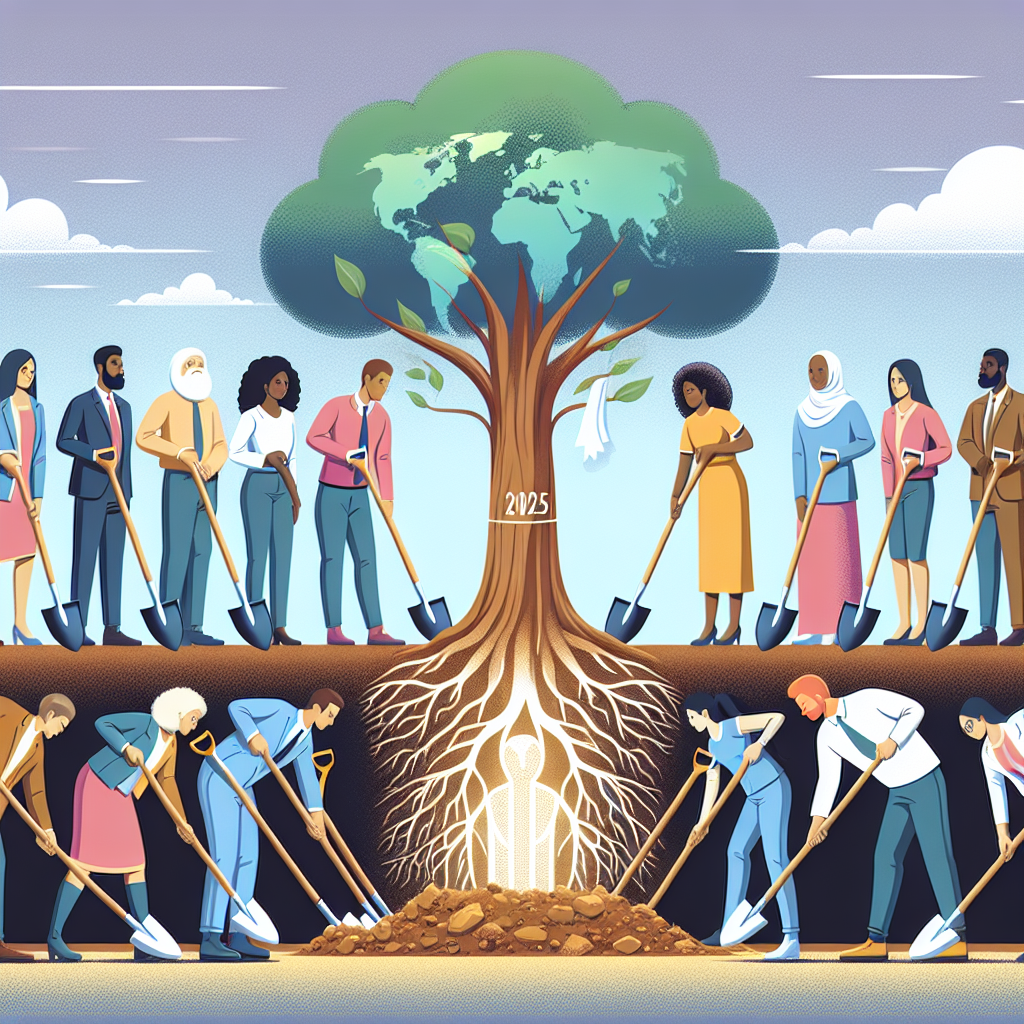Team Returns to Roots to Propel Forward in 2025
In the fast-paced world of business and sports, the concept of returning to one’s roots to achieve future success is gaining traction. As organizations and teams face unprecedented challenges, many are finding that revisiting foundational principles and values can provide the clarity and direction needed to move forward. This article explores how teams are leveraging their origins to propel themselves into a successful future, with a focus on 2025.
The Importance of Returning to Roots
Returning to roots involves revisiting the core values, mission, and vision that initially defined a team or organization. This process can help teams realign with their original purpose, fostering a sense of identity and unity. In a world where change is constant, grounding oneself in foundational principles can provide stability and direction.
Case Study: Apple Inc.
Apple Inc. is a prime example of a company that has successfully returned to its roots to drive innovation. In the late 1990s, Apple was struggling, but the return of Steve Jobs marked a pivotal moment. Jobs refocused the company on its core mission of creating user-friendly, innovative products. This return to foundational principles led to the development of iconic products like the iPod, iPhone, and iPad, propelling Apple to become one of the most valuable companies in the world.
Strategies for Returning to Roots
Teams looking to return to their roots can employ several strategies to ensure success:
- Revisit Core Values: Teams should take time to reflect on their original values and mission. This can involve workshops, discussions, and surveys to gather input from all team members.
- Engage with Founding Members: Engaging with founding members or those who have been with the organization since its inception can provide valuable insights and perspectives.
- Analyze Past Successes: Reviewing past successes can help teams identify what worked well and how those strategies can be adapted for future challenges.
- Focus on Culture: A strong organizational culture rooted in core values can drive motivation and performance. Teams should prioritize building and maintaining a culture that reflects their foundational principles.
Case Study: The Chicago Bulls
The Chicago Bulls, a renowned NBA team, have also embraced the concept of returning to roots. After a period of decline, the team revisited the principles that led to their success in the 1990s. By focusing on teamwork, discipline, and a strong work ethic, the Bulls have been able to rebuild and position themselves as contenders in the league once again.
The Role of Technology in Returning to Roots
While returning to roots emphasizes foundational principles, technology plays a crucial role in modernizing these concepts for the future. Teams can leverage technology to enhance communication, streamline processes, and gather data-driven insights.
- Data Analytics: Teams can use data analytics to understand past performance and identify areas for improvement.
- Collaboration Tools: Tools like Slack and Microsoft Teams facilitate communication and collaboration, ensuring that all team members are aligned with the organization’s mission.
- Virtual Reality (VR): VR can be used for training and development, allowing teams to simulate scenarios and practice skills in a controlled environment.
Conclusion
As teams and organizations navigate the complexities of the modern world, returning to roots offers a powerful strategy for achieving future success. By revisiting core values, engaging with founding members, and leveraging technology, teams can realign with their original mission and propel themselves forward. The examples of Apple Inc. and the Chicago Bulls demonstrate the effectiveness of this approach, highlighting the potential for growth and innovation when teams stay true to their foundational principles. As we look toward 2025, embracing the past may be the key to unlocking a prosperous future.



